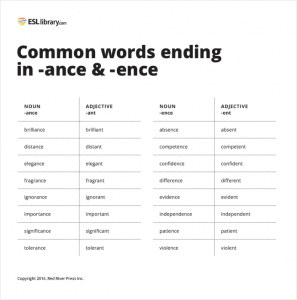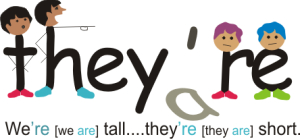BUSY OR PRODUCTIVE?
Today I want to ask you a question about how you are studying to improve your English: Many students believe they are too busy to spend any time studying or learning new words or skills outside of class time. The question that needs answering is, “Are you being productive, or are you just being busy?” There’s a huge difference between the two!
I want you to imagine busy as being like an octopus with roller-skates. You have eight legs, all of them trying to go in a different direction, but nothing is going anywhere. But productivity looks like a tiger on a mission to catch its prey, just going forward and allowing nothing to distract it from its goal. So one of the key things about being productive is, ‘are you distracted,’ and if so, what is it that you need to stop doing of what you’re doing?
One of the main things that totally distracts most people and wastes too much time, is checking email, or even checking social media first thing in the morning. Now, if that’s your job, like if you’re in customer service, or you’re in social media, that’s something different. But if you’re in bed and you reach over to grab your phone, the first thing you do is check email and check social media, you’re in total reactionary mode. Your mind is being distracted without reason by whatever else is out there.
So what you need to do is get control of your life. What you do is, don’t go look at your phone first. First, be grateful that you’re alive. Meditate or just think about what you are going to do this day, before you get out of bed, and then consciously direct your mind on what you’re going to do. One of the things that have helped me is, I put a plan together of what I’m going to do the night before, for the next day.
I usually plan out just the daily things, maybe one or two days out, maybe a week out. Just as important as planning your daily activities, you’ve got to prioritize them as well. Did you know that productive people actually end up having more time, more free time and more time to spend with their loved ones. But if you’re just always being busy, and use it as an excuse and somehow that feeds your ego some way, that’s only going to work for so long. Eventually you’re going to come face to face with yourself and you won’t be happy with the outcome!
If you want to be that high-performer, if you want to be that successful person, if you want to have that higher life design, you really have to determine the difference between busyness and productivity. Also consciously directing your mind of, what am I going to be doing today? Who am I going to be if I don’t improve my English today?
Once again, think about it. Do you want to be productive, or do you just want to be busy? I assume you want to be productive. So, in your daily plan, give yourself some time to concentrate on learning something new in English. Write down the time in your calendar book, just like you have written the time we have a lesson. Maybe you only have 15 minutes in the morning, but still you can do something productive in 15 minutes. Maybe it will be to read 5 new words and revise them? Then maybe you have 30 minutes in the evening. Instead of turning on the television, open up a book. Read an English book…any book that you want to read just for pleasure. Read that book everyday, even if it is only one or two pages! Soon, you will see how much of that book you have read. I always have a book in the bathroom. I do exactly that; I read one or two pages a day. It is surprising how much you can read during this time!
If you want to learn English, you must spend some time practicing and reading and studying outside of class. There is no reason why you should not be able to find some time for this. You are not too busy; you are just not managing your time in a productive way. So, slowly and methodically, is often the way to be more productive and reach your goals. Now, make a plan…
You can learn better English and you can be more productive.





